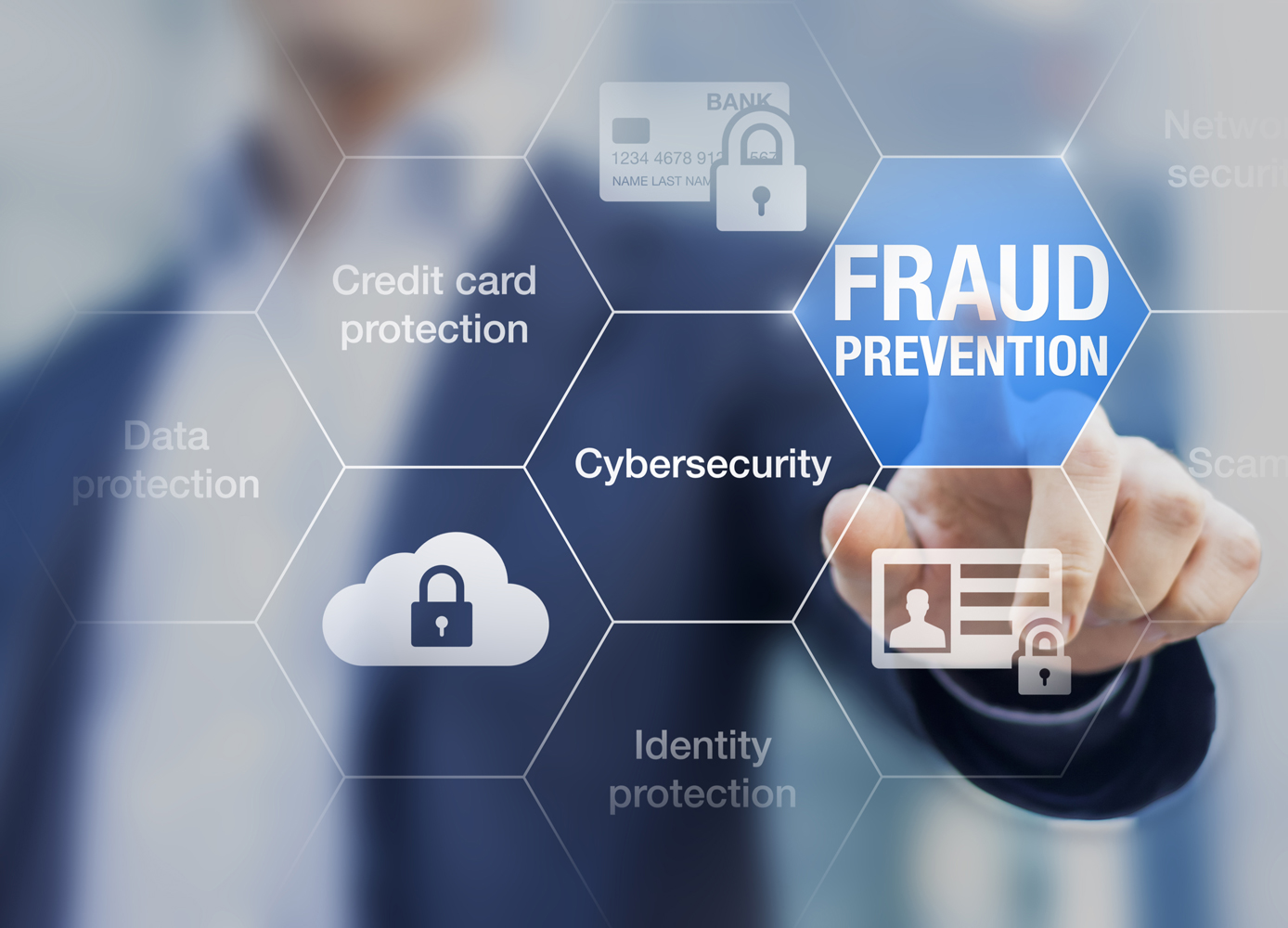Here’s how to avoid putting your accounts and devices at risk
By Matt Smith
In the last few weeks, we’ve been looking at cyber security, following a Senate of Canada report urging Canadians to be more vigilant online. Last week, we discussed how to spot dangerous e-mail links. Today we’ll follow up by looking at a few of the common weak points that people overlook when it comes to ensuring the security of their accounts and devices.
Streaming illegal content
While it may be tempting to seek out pirated streams of your favourite TV and movies online, it’s really not worth the risk involved. The sites that distribute pirated TV and video are often full of bad links and downloads for malware programs, so it’s best to steer clear. Always be careful not to follow links that seem sketchy or to download any mysterious files.
Sharing accounts
Shared accounts can make it easy for the whole family to enjoy things such things as TV streaming subscriptions, but be careful not to spread yourself too thin. Share your account details with as few people as possible, and only those whom you trust intimately.
Using unsecured networks
It seems that free WiFi is everywhere these days, and that’s great when you want to keep in touch while on the go. However, it’s important to remember that these networks aren’t secured, so it’s best to avoid any sensitive tasks such as online banking. Frustrate any potential hackers by waiting until you’re on a secured network.
Using easy passwords
Putting a passcode lock on your phone, laptop, or tablet is a great first step toward, securing your data. Most phones require you to set a password with a minimum length of 4 digits, but this is much too short to be effective. Going with a passcode of 8 digits or longer greatly increases the security of your phone or tablet, and the same goes for account passwords as well.
Not covering your webcam
Cyber attacks via webcams—hackers spying on you using your own devices—have become increasingly common in recent years so it’s best to play it safe: cover your computer’s webcam and microphone whenever they’re not in use. Your device may have a built-in cover, but otherwise a piece of masking tape will do the trick.
Running old software
Reputable software providers like Apple and Microsoft are regularly reworking their products to counteract the newest threats to cyber security. Be sure that you’re keeping up with the times by installing updates as they’re released.
Photo: iStock/Daviles.





